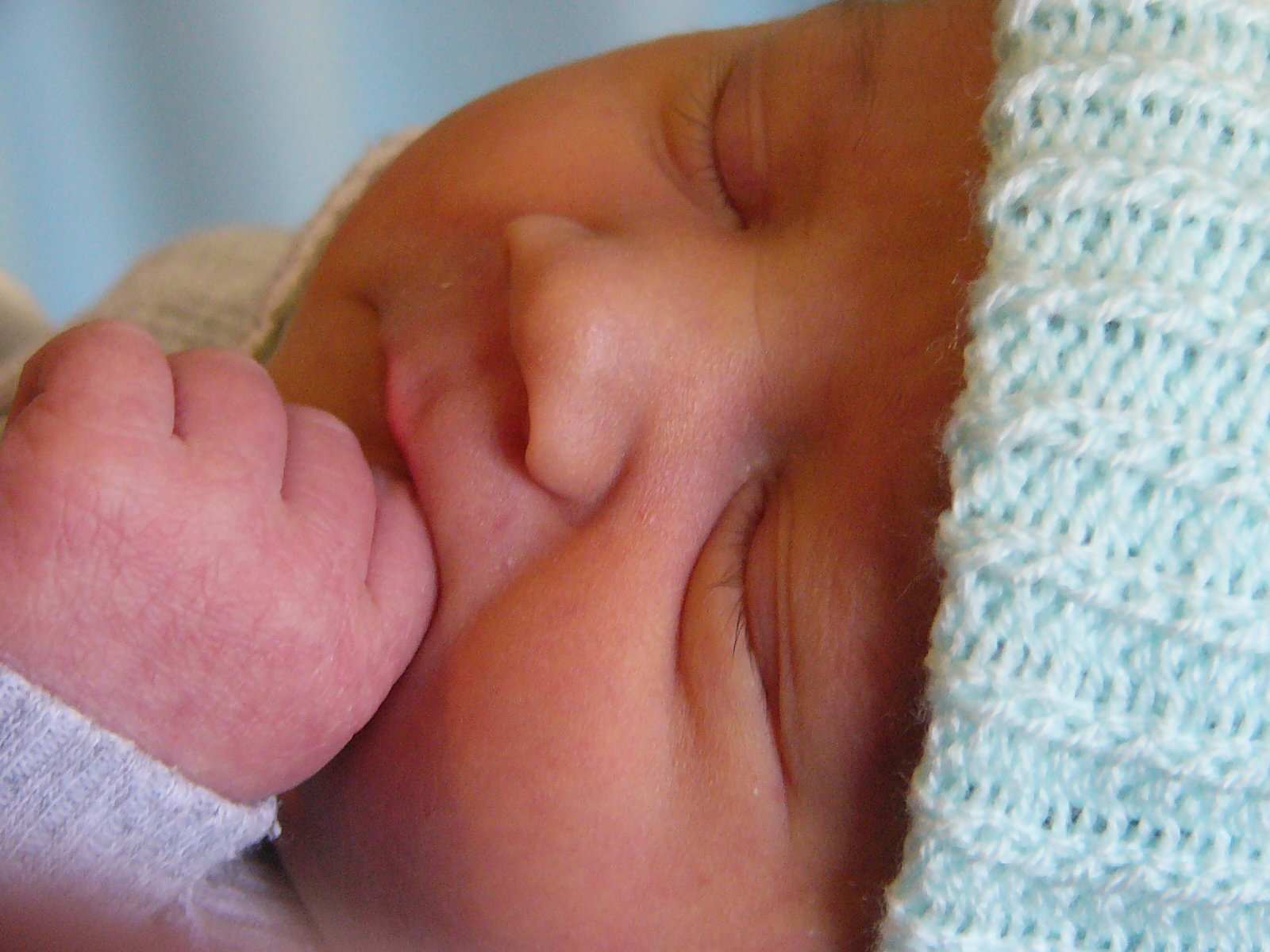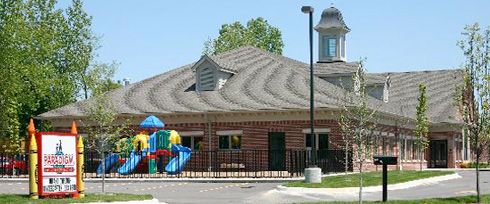Preventing illnesses in infants or newborns can be a challenge. Even more so if you have other school-age children in your home. So, how do you prevent infants or newborns from getting sick? Although you cannot completely control the germs that your children bring into your home from school or daycare, there are things that you can do to help. Frequent hand washing, disinfecting surfaces and doorknobs, and sanitizing are all ways that can help.
Infants and Illnesses
As an adult, when we get sick our body’s immune system kicks in to fight off the illness. Infants have not developed a strong immune system to fight off illnesses on their own. One of the most common viruses that infants or newborns develop is Respiratory Syncytial Virus or RSV. Why is this virus so common among infants during cold and flu season? Older children or adults get RSV, often without symptoms. A simple cough or sneeze can transmit the virus to small babies.
If your baby develops RSV, it can be confirmed through a simple nose swab at your child’s pediatrician. Things to look out for in your infant are, sneezing, green snot, congestion, coughing, rapid breathing (more than 60 breaths per minute), or having a hard time crying. Often times infants will be admitted to the hospital to be monitored through the peak of the illness.
Preventing the Spread of Illnesses in Infants
Keeping sick children home when they are ill is the number one reason to stop the spread of illnesses. At both of our Paradigm Childcare locations, we encourage parents to keep sick infants, toddlers, or children home. Because we care for newborns and infants, illnesses can be dangerous. It is important to have your child seen by a pediatrician if you think they are sick.
For more information contact us.
Need a copy of a return to school form? Click here.









